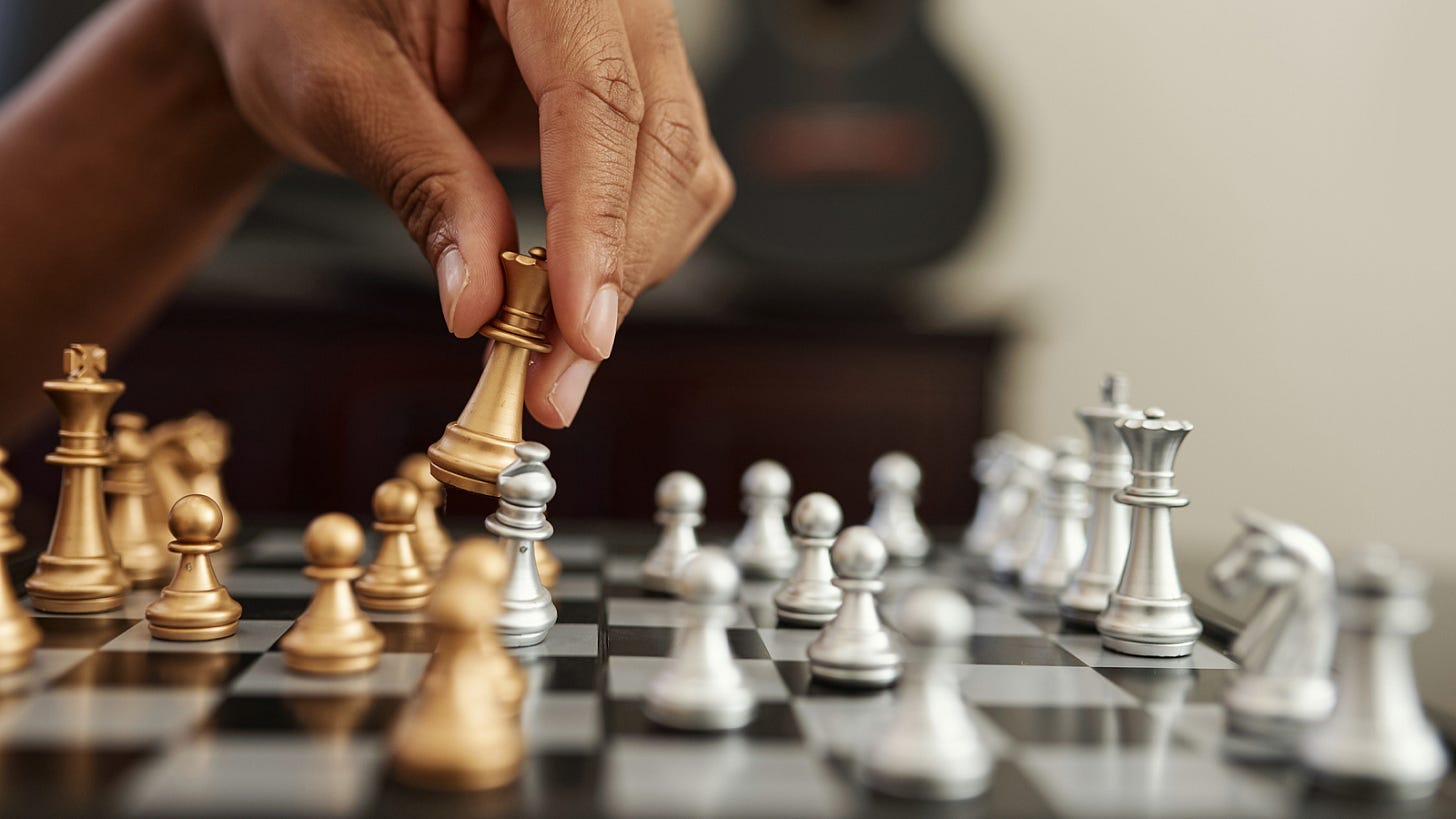12 Rules for Harmonica Players: Rule #1
An Antidote to Boredom, Fatigue, and Existential Crisis
Recently, I started reading Jordan Peterson’s bestseller 12 Rules for Life: An Antidote to Chaos. While I don’t necessarily agree with all his philosophies, it did spark an idea for a new series of articles.
Peterson’s thesis maintains that human life must have order, a set of rules or principles we adhere to throughout existence. Without these explicit moral and physical constraints, our lives would be in chaos and disorder. Many of the problems we have today come not necessarily from anxiety, depression, or fear but from the sheer amount of individual, hedonistic freedom we revel in. The staggering amount of information and material excess causes us to be, ironically, more dumb and misguided than ever.
As Rumi said:
“Your naked freedom is your shield.”
This got me thinking. What set of principles would I prescribe for harmonica players? How would these rules enrich their lives and make the experience of playing harmonica more enjoyable?
In the following 12 articles, I will lay out 12 principles that I believe will make you a more well-rounded, more aware harmonica player on the bandstand and in your everyday life.
You don’t have to follow all of these; take what is valuable, and hopefully, one of them will guide you in your journey!
Rule #1 Numbers to Leave Numbers
One of the best books I’ve read in the last year was The Art of Learning: an Inner Journey to Optimal Performance by Josh Waitzkin. A young chess prodigy and master of Tai Chi, Waitkin lays out unique methods for mastering different skill sets. With story after story, he details his rise to the top of the chess world, and National Championship Tai Chi matches and provides a look inside the mind of someone naturally talented yet not resting on his laurels.
My favorite of his tips was "Numbers to Leave Numbers.”
What does this mean?
Waitzkin defines it as:
“A basic example of this process, which applies to any discipline, can easily be illustrated through chess: a chess student must initially become immersed in the fundamentals in order to have any potential to reach a high level of skill. He or she will learn the principles of endgame, middle game, and opening play. Initially, one or two critical themes will be considered at once, but over time, the intuition learns to integrate more and more principles into a state of flow. Eventually, the foundation is so deeply internalized that it is no longer consciously considered but is lived. This process continuously cycles along as deeper layers of art are soaked in.”
One of the most common questions harmonica players ask me is:
“When can I start improvising/developing my phrases?”
The answer is more complicated than “It just takes time.”
Beginner harmonica players do not spend enough time on simple fundamentals. These could include skills such as getting clean single notes, hand technique, and focusing on clean draw bends. Many students come to me without spending nearly enough time developing the technique necessary to experiment and find their voice.
In many cases, it’s not “walk before you can run” but “put your shoes on before you can walk.”
Harmonica technique requires a different level of dedication to achieve mastery. Due to the inability to see what’s happening on the instrument and the precision necessary to get the notes you want, it takes more time than the beginner is willing to give.
Internalizing the fundamentals is how you become the best harmonica player you can become. These seemingly mundane actions of getting your bends in tune, practicing scales up and down, and getting one clean note are all baby steps culminating in your technique giving way to freedom. As Waitzkin says later in the book:
“It’s rarely a mysterious technique that drives us to the top, but rather a profound mastery of what might be a basic skill set.”
Many people will ask me about overblowing before they’ve learned their draw bending and blow bending. This is endemic of our society today: We want all the answers, and we want them now. We believe that there’s some magic bullet, some Wizard behind the curtain, responsible for prestigious talent when, in fact, it’s much simpler than that:
The great ones were great at what was essential to their craft.
You must learn what techniques are essential to being a harmonica player. Learn them so well that they become a part of you. Learn them so well that, at some point, you can unlearn them. Then, learn them again. It’s a beautiful process made more enjoyable with the more humility and time you give it.
I encourage you to spend more time on technique than you think. I’m not saying that you should sit in your woodshed for the next year and run your scales up and down… but I am saying that more technical study goes a long way if you want to start taking harmonica more seriously.
Be cautious. Technique can very much become a double-edged sword. You can find yourself addicted to getting things absolutely 100% right, missing out on the actual creative aspect of it.
Remember, it’s about internalizing what is essential. After that, the fun stuff begins.
After that, you can begin to find your voice.
By internalizing techniques, you bypass the thinking brain and enter a state of flow where the numbers no longer hold you over; they just become details.
All the masters of any sport or creative field had one thing in common:
They didn’t just know the fundamentals; they internalized them.
They learned the numbers to leave numbers.
Technique became an afterthought, as easy as breathing.
Why should harmonica be any different?





“It’s rarely a mysterious technique that drives us to the top, but rather a profound mastery of what might be a basic skill set.”
That's it right there 👆🏻
Amazing topic.